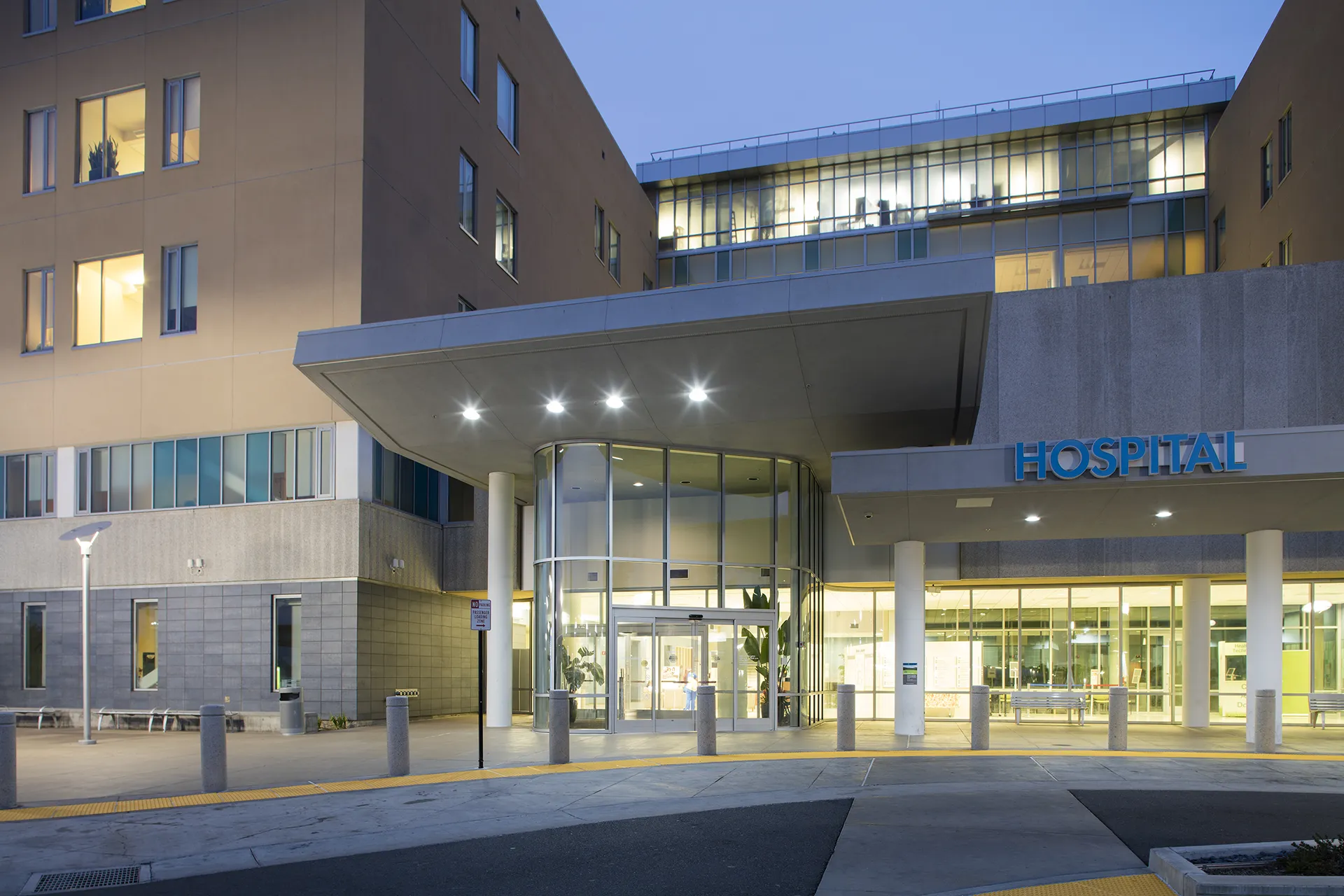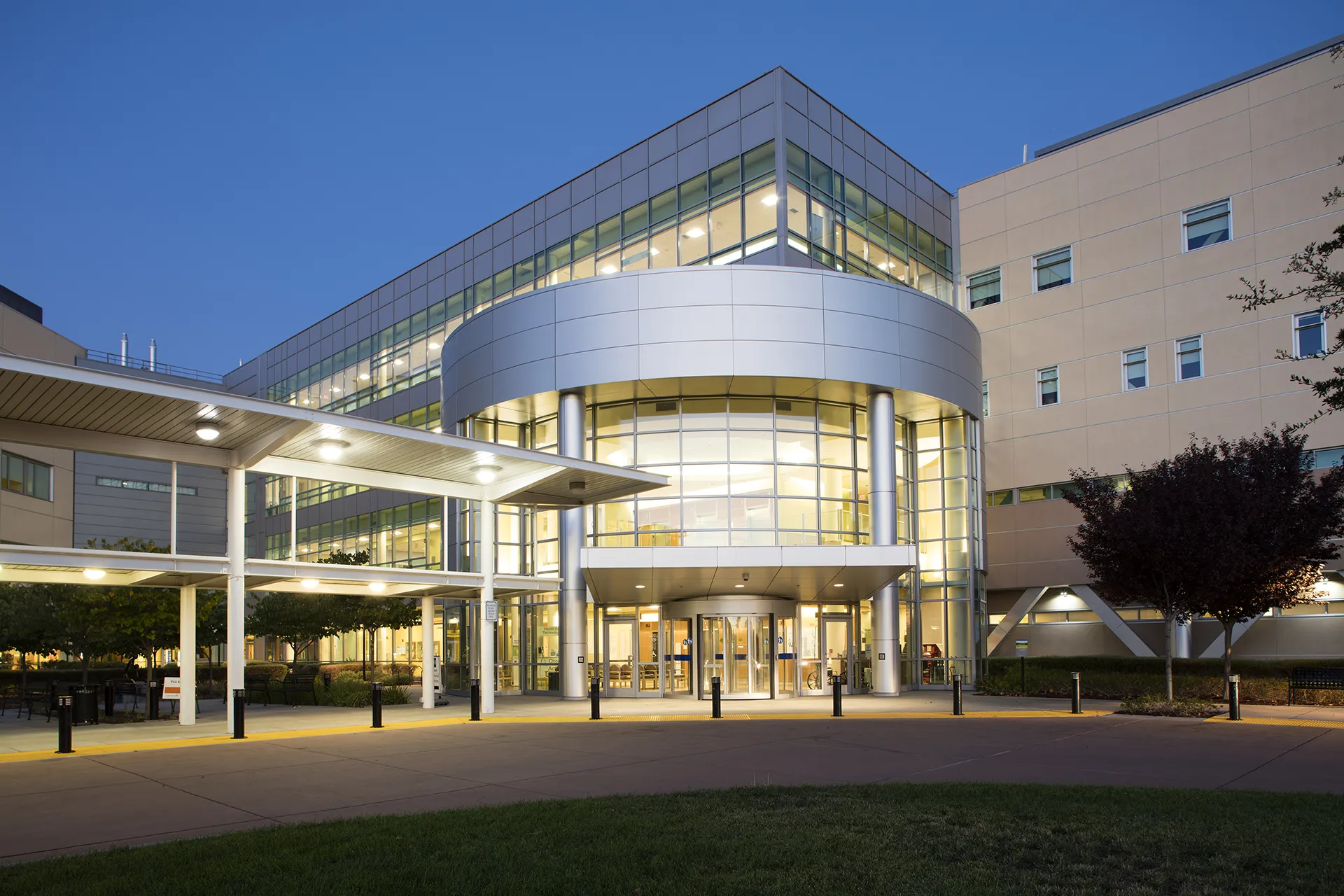Pre-Master’s Mental Health Internship – Vacaville


The cities of Vacaville and Fairfield are located approximately 35-55 miles between Sacramento and San Francisco and about 2 hours away from Lake Tahoe and the Sierra Nevada Mountains. Both cities are located in Solano County, which neighbors Napa county and the wine country—just a short 20 minute drive away. The city of Fairfield is the county seat with a population of approximately 120,000. It is the home of Travis Air Force Base and the headquarters of the Jelly Belly candy company. Vacaville, with over 100,000 residents, is bordered by rolling hillsides, fruit orchards and fertile farmland. At one time Vacaville was the fresh fruit capital of California. Today it is one of the fastest growing communities in the Bay Area and has become a home to biotechnology and pharmaceutical companies.
Kaiser Permanente Napa Solano, first established in Vallejo in 1945, has steadily grown to serve 312,000 members, spanning an area stretching from the Carquinez Bridge, north to Vacaville and Dixon, and through the Napa Valley to Calistoga.
Solano County is diverse in terms of racial and ethnic identities with large populations of Filipinx, Latinx, and African American clients who utilize our services. The Kaiser Vacaville Medical Center was opened in 2009 and provides comprehensive medical services in addition to being the county’s only Level II trauma center and the home of a specialty neurosurgery center. Psychiatry services are located within the Vacaville Medical Center and in a Mental Health and Wellness Center opened in Fairfield in 2019.
Program Curriculum
Equity, Inclusion & Diversity
We are committed to nurturing and integrating diversity training into all aspects of our training program by:
Providing interns with opportunities to work with patients who represent various aspects of diversity, including age, religion, gender, disability status, socioeconomic status, ethnicity, values, and lifestyle.
Placing a high value on interns’ willingness to engage in self-reflection, and supporting the exploration of attitudes, beliefs and therapeutic postures that could impact clinical interactions.
Maintaining a consistent focus in clinical supervision on expanding interns’ multicultural awareness and competence in the provision of psychotherapeutic services and cultivating a sense of inclusion and belonging in the workplace.
Encouraging interns to participate in the Regional Mental Health Training Program Equity, Inclusion, and Diversity Committee’s seminars related to cultural sensitivity and competence as their schedules permits.
Didactic Training
Interns will attend didactic seminars within their clinics and have opportunity to attend regional seminars organized by Mental Health Training Programs as their schedules permit. Didactics will cover a range of clinical and professional development topics as well as explore culturally responsive care. Interns will have access to both live and asynchronous exposure to various speakers and topics which are designed to meet their developmental needs over the course of the training year.
Seminars and Meetings
Interns may attend all-staff department meetings, treatment team meetings, and weekly feedback informed care case consultations.
Supervision
All interns are supervised by licensed mental health professionals who are responsible for overseeing the direct delivery of clinical services. The supervisor takes a role in developing the intern’s learning plan, monitoring their progress, and evaluating their training schedule. The supervisor is also responsible for completing the intern’s evaluation. Interns will receive a minimum of one hour of individual supervision a week. Two hours of individual supervision will be provided for every 20 hours of service provision at minimum. Interns will also receive at least one hour of group supervision per week which may include case consultation, and topics related to professional development, interdisciplinary communication and systems issues, and multicultural competence and diversity awareness.
Tracks and Rotations
Adult
Interns will have the opportunity to participate in the following rotations based on interest, training, and availability:
- Eating Disorders Program
- Adult Intensive Outpatient Program
- Trauma Treatment Track
Interns will have the opportunity to shadow and co-facilitate a variety of treatment groups offered in the Adult clinic, including anxiety and depression management, DBT, treatment of bipolar disorders, eating disorders, and trauma. Interns will also have the opportunity to learn and participate in CPT groups.
All Interns will have a core caseload of adult (age 18-80+) patients presenting with mild to moderate clinical symptoms that have a medical necessity for treatment. The services provided by Interns, and all KP MH staff, are for the diagnosis or treatment of an actual mental health condition as defined by the current Diagnostic and Statistical Manual of Mental Disorders. Among the most common conditions Interns will be assigned to treat are mood disorders, anxiety disorders and trauma and stressor related disorders.
Interns will be expected to learn and utilize evidence based psychological interventions that have been shown to effectively reduce psychiatric symptoms in a timely manner. These include such interventions as: Cognitive Behavioral Therapy (CBT), The Unified Protocol (UP), Acceptance & Commitment Therapy (ACT), Dialectical Behavior Therapy (DBT), Cognitive Processing Therapy (CPT), Prolonged Exposure (PE)Interpersonal Therapy (IPT), Motivational Interviewing (MI), Mindfulness Training and others.
A full caseload for an Intern will be 8-12 total patient care hours per week (depending on the number of hours each Intern’s school has contracted for), comprising individual patients and group appointments in both the Adult and Child/Family Tracks. In general, Interns can expect to have 1-2 Intakes, 1 group and 5-8 return individual appointments per week.
Child & Family
Interns will have the opportunity to participate in the following rotations based on interest, training and availability:
- Eating Disorders Program
- Gender Care Program
- Teen Intensive Outpatient Program
Interns will shadow and co-facilitate a variety of treatment groups in the Child/Family Track for preschool, elementary school, middle school and high school aged patients as well as multifamily groups to address anxiety, depression, adjustments to change, eating disorders, and trauma.
All Interns will have a core caseload of child and adolescent patients presenting with clinical symptoms that have a medical necessity for treatment. The services provided by Interns, and all KP MH staff, are for the diagnosis or treatment of an actual mental health condition as defined by the current Diagnostic and Statistical Manual of Mental Disorders. Among the most common conditions Interns will be assigned to treat are mood disorders, anxiety disorders, behavior problems, eating disorders, trauma and stressor related disorders.
Interns will be expected to learn and utilize evidence based psychological interventions that have been shown to effectively reduce psychiatric symptoms in a timely manner. These include such interventions as: Cognitive Behavioral Therapy (CBT), Dialectical Behavior Therapy (DBT), Behavioral Therapy; Interpersonal Therapy (IPT), Motivational Interviewing (MI), Mindfulness Training, and others.
A full caseload for an Intern will be 8-12 total patient care hours per week (depending on the number of hours each Intern’s school has contracted for), comprising individual patients and group appointments in both the Adult and Child/Family Tracks. In general, Interns can expect to have 1-2 Intakes, 1 group and 5-8 return individual appointments per week.
Schedule
Here is an example of a potential schedule:
- Direct Patient Care: 8-12 Hours
- Individual supervision: 1 hour
- Group Supervision – Case Colloquy: 1 Hour
- Group Supervision – Diversity: 1 Hour
- Didactic training: 2 hours
- Feedback Informed Care and Case Consultation: 1 Hour
- Remaining 4-8 hours per week will consist of indirect patient care, documentation, team meetings.
- Schedule is arranged, but Tuesday is a required day for didactics. Interns are not expected to work in-clinic, but in person hours can be negotiated based on interest and office availability.
Program Graduates
2021 Cohort
| Graduate | University/Institute | Track/Specialty Rotation | Current Position, Specialty & Location |
|---|---|---|---|
| Nikki Lowe | UC Berkely School of Social Work | Adult and Child & Family Team | Outpatient Psychiatry, Child & Family Team, Kaiser Permanente Vallejo |
